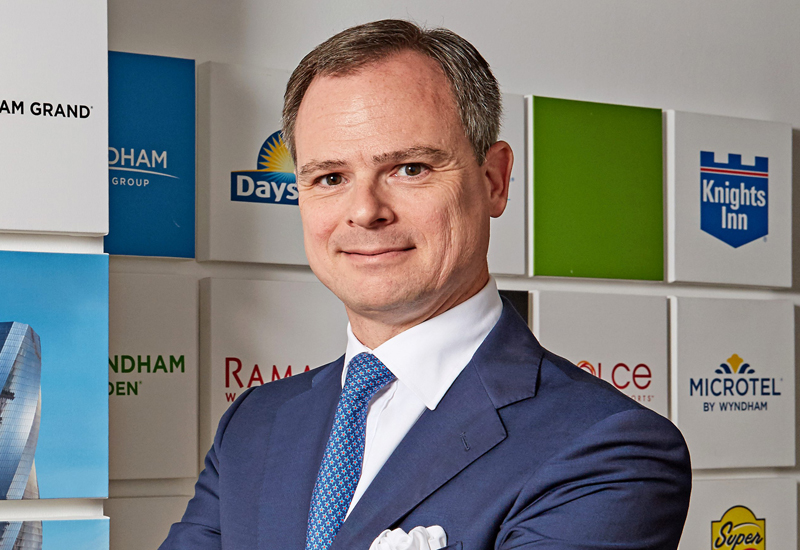“So now you have a two-way system for booking channels to communicate with each other. The process is happening in phases, and by the end of December all the Ramadas were online, all the Wyndhams were already done. In our part of the world, most of it is already done. But a large chunk of Super 8s in the US are yet to take on the new system. In H2 2016, we moved most of our hotels in the Middle East and Africa [to the new system]. And by May, the Howard Johnson brand and a few others [will make the switch], but it has been done for most,” he says.
Apart from the benefits to the owner from an infrastructural standpoint — with cloud-based solutions owners wouldn’t need to factor in complex IT systems that would otherwise need to get installed — Bauwens reveals an important reason for the digital overhaul. “As part of the technological advancement we promise a rate parity to our guests. This means all booking channels have a similar rate wherever a guest wants to book from. For example, a guest checks the price for a hotel in Dubai on an OTA, while another goes directly to our website, and we now ensure the rates are same across all channels.
“And the biggest advantage for a guest with a uniform rate across every channel including our own is the fact that they earn Wyndham Rewards points when they book through us. We revamped the programme last year, which also won awards over our competitors in the USA. The beauty of the programme is that it’s straightforward and easy to earn and redeem points. There are no black-out dates — 15,000 rewards points per night through the Wyndham Hotel Group,” Bauwens states.
He explains further: “The general perception is that OTAs offer a better price than what has been listed on a brand’s website. But, when you have a rate parity across the board, including our own website, it’s slightly different.
“Consider an OTA that’s offering a room for US$180 a night, while the brand website is offering it for $200. The price is lower on the OTA because the purchase might be an advanced one, which is non-refundable — while with us it is not so. If the booking is non-refundable across both Wyndham and the OTA, there will be no difference. Consumers then understand this difference, when there is a rates parity, and they also understand that they will need to book directly to earn rewards points when they stay at a hotel that participates in our programme. Booking on an OTA does not make you eligible to earn points.”
Bauwens clarifies the level playing field has not been created to “control others”. He adds: “It’s about transparency to the guests whether they book through us or our business partners such as the OTAs.”
“The biggest mistake that we can make is to think consumers don’t know. And when you offer transparency it’s up to us to us to make the loyalty programme work. One of the things I learnt through my career in the Middle East, which in fact was something that was told to me by my mentor, is there will always be someone who sells cheaper than you. And that holds true for any industry, not just in hospitality. And consumers look for safety, consistency and quality; and if you are transparent, guests appreciate those attributes all the more,” he says passionately.
Bauwens’ early days in the region saw him open the Ibis and Novotel WTC in Dubai at the turn of the century. “Dubai is a very different place now as compared to what it was 20 years ago. Reality does not reflect what the market needs today. Dubai has over a 100,000 rooms, and our visitor numbers are still growing year after year. When I opened the first mid-scale in Dubai 15 years ago, the dialogue that we had with HE Helal AlMarri was that Dubai would need more mid-scale hotels.”
Saying that the market has seen a lot more mid-scale and economy properties open, Bauwens does not disregard a future of luxury, but indicates the golden years of its development may have taken a back seat. “I believe in the future of defined brands with limited but good service because guests can choose where they want to stay,” he concludes.

| Advertisement |









 Search our database of more than 2,700 industry companies
Search our database of more than 2,700 industry companies









